Reunification Palace : A Must See Place in Saigon/Ho Chi Minh City
Saigon Reunification Palace (Independence Palace) (Vietnamese: Dinh Thống Nhất) is recorded as an authentic landmark of Ho Chi Minh City (Formerly Saigon) and having in itself the pith of Eastern culture.
Location: 135 Nam Ky Khoi Nghia Street, Ben Nghe Ward, District 1, Ho Chi Minh City
Opening hours: from 07:30 AM to 11:30 AM every morning, and 01:00 PM to 05:00 PM every afternoon.
Entrance Fee Cost: 40.000 VND/adult, 20.000 VND/student; 10.000 VND/child
Note: There are probably other types of entrance fee depending on the section / exhibition you want to visit.
Dress Code: Appropriate Cloths are recommended
- History of Saigon Reunification Palace (Independence Palace):
The History of Reunification Palace (Independence Palace) was dated back in the French War in Vietnam. In 1858, French first time attached Danang City, then 10 years later in 1868 the French took over 6 provinces in the South of Vietnam including Bien Hoa, Gia Dinh, Dinh Tuong, Vinh Long, An Giang and Ha Tien.
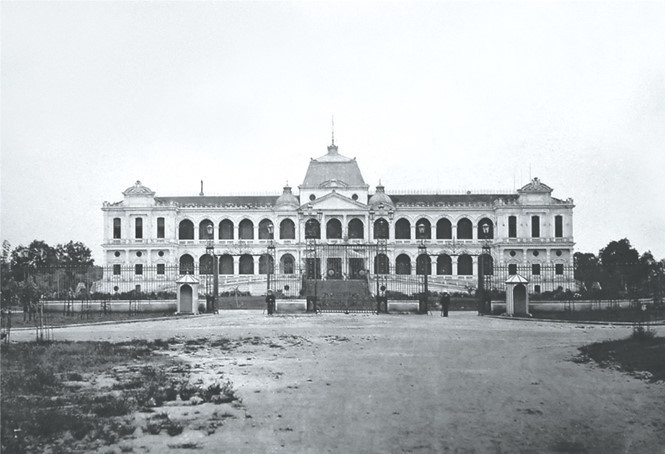
In 1868, the French Colonialists started to build a residence for the French Genaral Governor of Cochinchina in the center of Saigon. Aftert the construction was completed, it was called Norodom Palace (Name of Combodian’s King).
The Norodom Palace was completed in 1871, and from 1887 to 1945, many French genaral governors had used this palace to live and work during the Indochina invasion. By 1945, the Japanese won over French and monopolized Indochina, Norodom Palace belonged the control of the Japanese government in Vietnam.
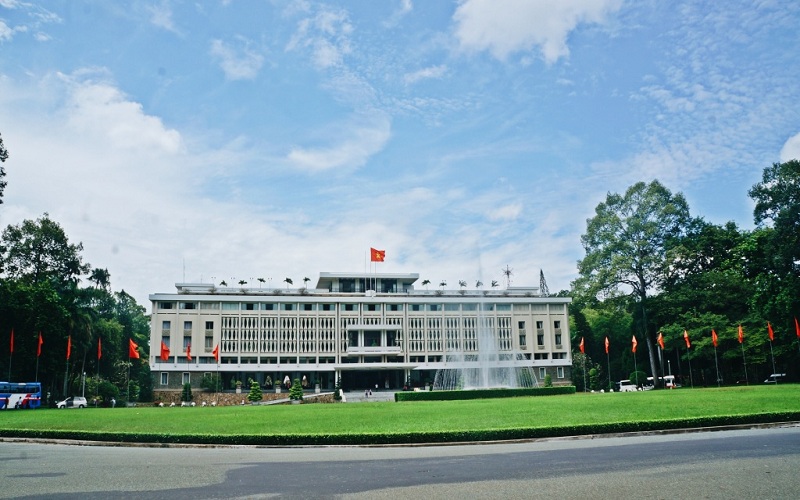
But after the 2nd World War, Japanese was defeated by Communist People then Ho Chi Minh Started Democratic Republic of Vietnam. In 1946, French came back to fight again Communist Government until 1954, the French colonialists was defeated by Communist in the Dien Bien Phu. Vietnamese and French signed the Geneva Agreement, and French had to leave Vietnam. The Norodom Palace was passed to Saigon government on September 7th, 1954, Prime Minister Ngo Dinh Diem decided to change the name of Norodom Palace into Independence Palace.
In 1955, Ngo Dinh Diem defeated South Vietnam Governor (who used to be the last King of Vietnam: Bao Dai) and became the first president of Vietnam. Independence Palace became the living and working office for South Vietnam President and His Family.
In 1962, The Norodom Palace was bomed and destroyed more than half of the left side by the protesters, so Ngo Dinh Diem had to rebuild the place. But during construction, Ngo Dinh Diem and his brother were asasinated in 1963. In 1964, after the construction finished, this became living and working office of other South Vietnam’s Presidents.
After Ho Chi Minh campaign led by Communist in 1975, Vietnamese Communists gained their victory and reunite the whole country, Independent Palace changed its name into Reunification Palace as it is nowaday.
- What to See & Do in the Reunification Palace (Independent Palace)?
Besides the absolutely outstanding architecture of the Construction, visitors also have chance to see the unique artifacts displayed inside and outside of the Reunification Palace (Independent Palace). The artifacts here can be divided into two categories: historical artifacts and artworks.
1. Historical artifacts in Independence Palace (Reunification Palace):
The historical artifacts in Reunification Palace (Independent Palace) represent for the heroic history of Vietnam. The objects are well-preserved and held in perfect shape, in order for visitors to watch and admire.
• The historical helicopter: On the roof of Reunification Palace (Independent Palace), there is a display of the UH-1 helicopter of President Nguyen Van Thieu, adjacent to the location of two bombs that pilot Nguyen Thanh Trung threw exploded.
• The German Mercedes: The German car Mercedes Benz 200 W110 which has the number plate VN-13-78. This was one of the cars of President Nguyen Van Thieu of Vietnam.
• The Jeep: The Jeep M152A2 was used by the Revolutionary Forces. The car is special because it used to serve the last President of Vietnam regime – Mr. Duong Van Minh, and took him to Saigon radio station, where he read the declaration of surrender on April 30th 1975.
In addition, there are modern vehicles used in the Vietnam War such as e 390, 843 tanks and F5E fighters. All of these artifacts contribute to making Thong Nhat Palace become a more attractive tourist destination in the hearts of tourists.
2. Artworks of Independence Palace (Reunification Palace):
Not only the historical artifacts, but the Reunification Palace (Independent Palace) also displays various valuable works of art.
• The oil paintings: There is an oil painting depicting the Vietnamese countryside, drawn by architect Ngo Viet Thu. There is also another oil painting of the sisters Thuy Kieu and Thuy Van when they first meet Kim Trong on the day of Ancestors Day(also known as Festival of Tending Graves).
• Pottery: There are dozens of ancient Chinese pottery pots during the Ming and Qing period in the Reunification Palace (Independent Palace).
- How to Get to Reunification Palace (Independence Palace):
The Reunification Palace (Independent Palace) is nestled in District 1, which is also the center of Ho Chi Minh City and close to other tourist attractions such as Notre Dame Cathedral, 30/4 Park, Central Post Office, etc.
Tourists just need to remember that the front gate of the building faces the intersection between Le Duan Street and Nam Ky Khoi Nghia Street. In case you can’t find the right address, look for this three-way intersection.
Ask any local people for direction if you travel on your own on motorbikes, buses or on foot. If you are staying at a hotel in District 1, it will only take 15 to 20 minutes to walk to the Reunification Palace (Independent Palace). If don’t want to spend time looking for direction, they can call a taxi and tell the driver to take them to Independence Palace. The building really stands out on Saigon streets, so you can recognize it easily.
For those people who try to save money by traveling by bus, there are some certain bus numbers to travel, such as:
• 001: Ben Thanh – Cho Lon Bus Station
• 002: Ben Thanh – Western Bus Station
• 003: Ben Thanh – Thanh Loc Bus Station
• 004: Ben Thanh – Cong Hoa – Ben Xe An Suong
• 005: Cho Lon Bus Station – Bien Hoa Bus Station
- Best Time To Visit Reunification Palace (Independence Palace):
The historical monument named Independence Palace is opened to visitors at all day of the week, as well as holidays or New Year’s Eve. So one can visit the Palace at any time of the year. But visitors should consider coming to the Palace on special days, such as New Year’s Eve or the Independent Day (September 2nd), because the place will be more lively than usual.
- Things to Note:
Because the Reunification Palace (Independent Palace) is an honorable place bearing the heroic history of Vietnam, so when visiting, visitors need to strictly follow general rules of the management of the monument, as follows:
• Wear formal clothes, avoid wearing skirts or shorts.
• Follow the instructions of the guard and signs during the visit.
• Do not bring luggage into the monument.
• Do not bring food or drinks into the monument.
• Do not bring animals into the monument.
• Do not bring weapons, explosives, toxic chemicals into the monument.
• Be responsible if causing any loss to the monument.
See Also:
-
List of Best Things to Do & Top Places to See in Ho chi Minh
-
Best Local Restaurants That Should Not Be Missed in Saigon

![]()
![]()
![]()
![]()
![]()
Best of Vietnam
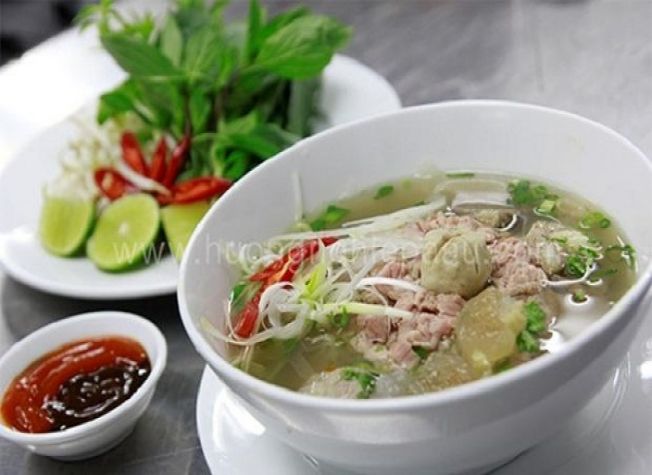
Best Vietnamese Food You Have to Try in Vietnam
Best Food in Vietnam: Vietnamese Traditional Food is top World well known to be both healthy and...
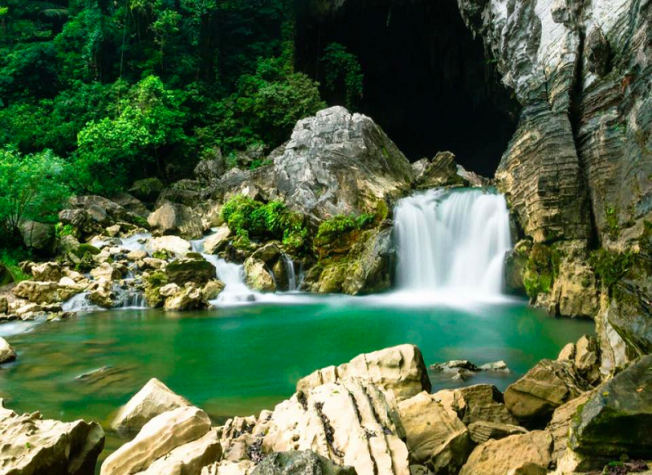
10 Best National Parks in Vietnam
Vietnam Travel Guide: If you look for the Best Wildlife Discovery Experience in Vietnam, here are...
Read More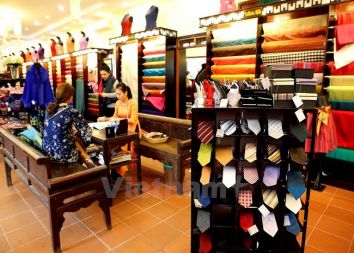
Best Souvenir to Buy in Vietnam
If you look for Best Things to Buy when traveling to Vietnam to bring home for your family & friends...
Read More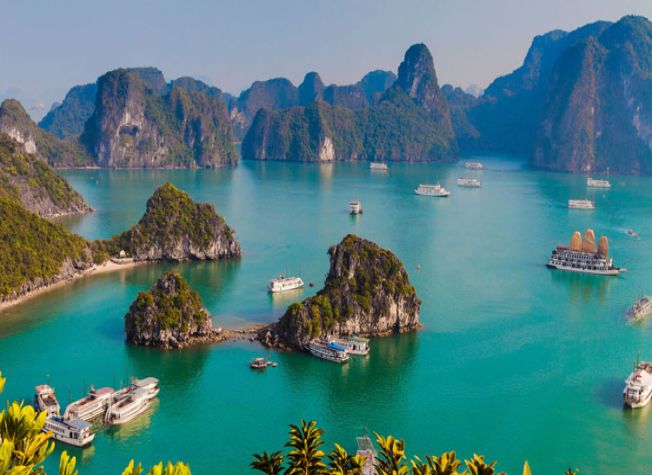
The 10 Best Places to Visit in Vietnam
Vietnam Travel Guide: Home to an extensive collection of historical and cultural attractions,...
Read More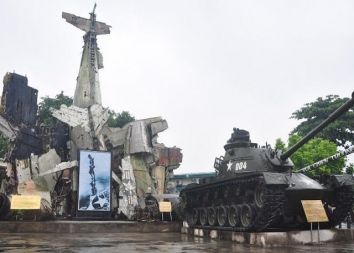
Top 10 Museums You Should Not Miss in Vietnam
Vietnam, 4.000 years old country has a unique and lengthy history, culture with 54 ethnic groups. It...
Read MoreFind your trip
Vietnam Best Tours
Vietnam Car Rental
Vietnam Travel Blog
- Vietnamese People: Origin, History, Culture and Traditions
- Vietnam Currency: Best ATM and Places to Exchange Money
- Vietnam Map: Regions, Cities & Provinces Map of Vietnam
- What is illegal Things in Vietnam: Rules & Laws for Tourists
- Best Time to Travel to Vietnam to Avoid the Bad Weather
- Vietnam News: Population & Religions of 54 Ethnic Groups









